Keywords: Ets
There are more than 200 results, only the first 200 are displayed here.
-
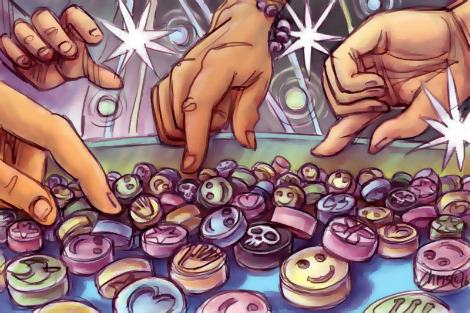
AUSTRALIA
- Susie Garrard
- 29 August 2016
8 Comments
As tickets go on sale for this year's round of music festivals - Falls, Defqon, Bluefest, Lost Paradise, to name a few - organisers still have no means to counteract unsafe drug use. Recent years have seen an increase in drug related injuries and fatalities at festivals. The debate as to how to counteract this worrying trend is ongoing, and tricky to navigate due its subjective nature. Yet when zero tolerance policies clearly haven't worked, it's time to turn to harm minimisation measures.
READ MORE 
-

AUSTRALIA
- Shira Sebban
- 15 August 2016
14 Comments
Sobs rack his body. Under the Fast Track Assessment process being used to clear the backlog of protection claims, the nondescript official sitting opposite him, or one of his colleagues, will most likely be the one to decide his fate. 'Should you be found not to engage Australia's protection obligations, the government may share your biographical details with the authorities of your country of origin,' the official intones. 'If you give them information about me I will be killed,' comes the chilling reply.
READ MORE 
-
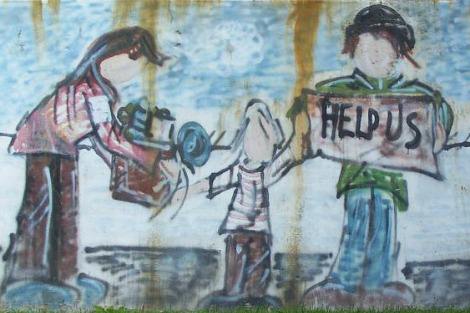
AUSTRALIA
- Andrew Hamilton
- 04 August 2016
16 Comments
National Homelessness Week comes around each year. And each time it is an embarrassment. We pride ourselves that we are a respectful society, but there is no greater sign of disrespect than to allow people to be homeless. Too many people sleep on the streets; too many families sleep in their cars. What must change in us is our tolerance of an economic and political ideology that assumes it is all right for the vulnerable and ill to be neglected in order to protect the entitlements of the wealthy.
READ MORE 
-

AUSTRALIA
- June Factor
- 03 August 2016
13 Comments
In 1940, Prime Minister Robert Menzies received a letter from a woman in Western Australia: 'I have heard on the wireless the news that Australia would be willing to receive internees from England. I beg to protest; we have enough of the scum here already, too many in fact ... I sincerely trust that a U-boat gets every one of them.' The 'scum' she rejected so emphatically were the German and Austrian refugees, predominantly Jewish, soon to travel to Australia as 'enemy alien' prisoners.
READ MORE 
-

ARTS AND CULTURE
With the same sense that meets the keys I stroke her arm. This tactility makes the tangible seem eternal, as if the want to write were training me to count on time. My mortality is misdirected thus by a capacity to touch. And when I put my arm around her shoulders, I feel beneath the skin the sharpness of the bone.
READ MORE 
-
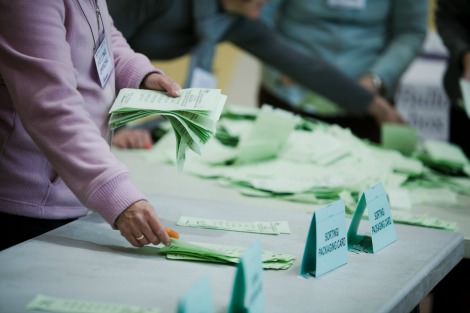
ARTS AND CULTURE
- Ellena Savage
- 08 July 2016
3 Comments
The OIC makes a dramatic speech about the integrity of live ballot papers, that there will be no repeat of the Western Australian kerfuffle, that we have our booklets that contain all the answers (and many typos, too). He seems nice. Maybe a little skittish. Not someone I'd imagine would be hired to run an office or manage a kitchen or even wait tables, but he must know what he's doing. This speech is the last demonstration of authority I witness on this day.
READ MORE 
-
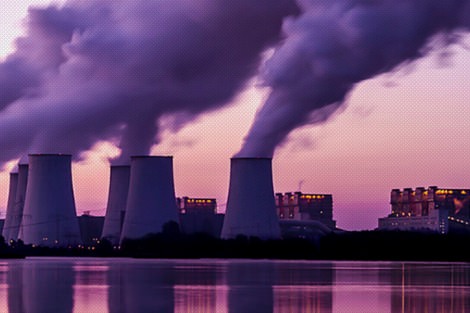
ENVIRONMENT
- Thea Ormerod
- 21 June 2016
4 Comments
An accelerating number of institutions and individuals are moving their money out of planet-heating fossil fuels and into climate solutions. The total assets guided by some form of divestment policy was $3.4 trillion at 2 December last year, 50 times more than what was up for divestment 12 months earlier. It sounds like a lot, but it's a small amount compared to the $100 trillion-plus invested in the usual way. That's our money, in banks and super funds, managed funds and insurance companies.
READ MORE 
-
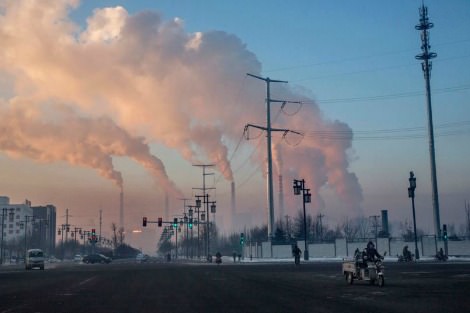
ECONOMICS
There is little doubt that the means to dramatically reduce the amount of pollution produced by developed economies is already theoretically available. It is perfectly possible to redesign industrial systems so that they do not pollute and do not consume finite resources at a rate that is unsustainable. But it requires a radical shift - and the biggest barrier to that shift occurring, the financial markets, is barely even mentioned in discussions of the challenge.
READ MORE 